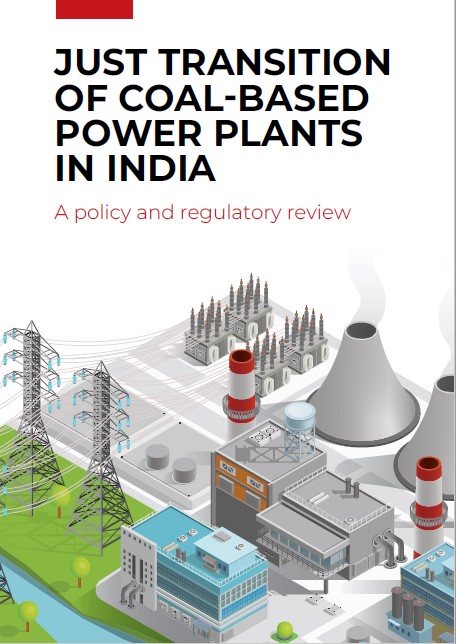 India needs legal framework for closing mines and power plants by Kundan Pandey on 25 October 2022 https://india.mongabay.com/2022/10/india-needs-legal-framework-for-closing-mines-and-power-plants/ India is on the way to decommissioning thermal power plants (TPP) and disposing of coal mines at a large scale in the coming few years. However, the country has no legal framework on how this transition will take place. Estimates say that due to these measures, millions of people will lose their livelihood, a large amount of land would need closure or repurposing and several toxic materials need to be taken care of...
India needs legal framework for closing mines and power plants by Kundan Pandey on 25 October 2022 https://india.mongabay.com/2022/10/india-needs-legal-framework-for-closing-mines-and-power-plants/ India is on the way to decommissioning thermal power plants (TPP) and disposing of coal mines at a large scale in the coming few years. However, the country has no legal framework on how this transition will take place. Estimates say that due to these measures, millions of people will lose their livelihood, a large amount of land would need closure or repurposing and several toxic materials need to be taken care of...
The report underlines that the power plant land area is estimated to be equally split between centre, state and private sector power generation companies (GENCOs), at 33% each. As laws and regulations in India do not firmly establish the clean-up and remediation requirements, there is a risk of plant sites being left abandoned. This is especially true if GENCOs are financially stressed and do not have adequate resources to remediate or repurpose/redevelop, says lead author Mandvi Singh from iForest.
There is another catch with the land issues. Forest land is often diverted for TPP development. (see https://indianexpress.com/article/cities/mumbai/violation-of-development-control-rules-at-mill-land-to-be-probed-cm-fadnavis/)
a two-part study, done by iForest, a Delhi-based, non-profit environmental research organisation. https://iforest.global/research/just-transition-of-coal-based-power-plants-in-india/ Its first part “Just transition of coal-based power plants in India: A policy and regulatory review”.. the second study “Just Transition of Unprofitable and End-of-life mines: A Legal Assessment”
Current laws scant to deal with decommissioning of power plants: 12 Oct 2022, Paurush Omar CEO of iFOREST Chandra Bhushan said, “If the Ministry of Power's advisory to retire coal-based generation units of over 25 years of age is implemented, then as much as 50,000-60,000 MW capacity will have to retire by 2030."
A just transition entails the complete remediation of the plant site, wage replacement or compensation for the workforce, compensation for the economic loss suffered by dependent communities, and the creation of new economic opportunities and environmental outcomes that will benefit the communities.
"However, our current laws do not ensure a just transition.
